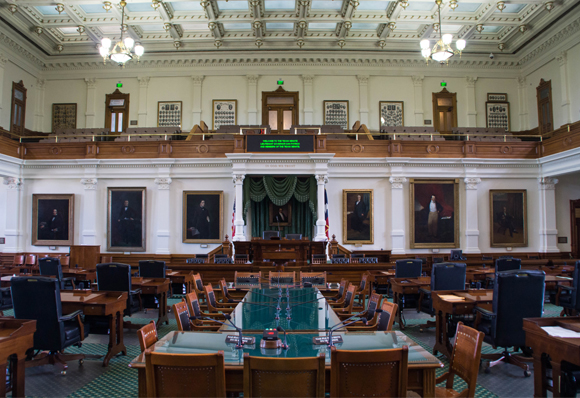Just like the expression “yo wo tasu”* in Japanese, Americans also have many different euphemistic words and expressions for the bathroom itself and what one does there. When I was a kid, my dad taught me the English expression “nature calls” — “This is what you say in America when you have to go to the bathroom,” he explained. Almost 30 years after that day, I came to live in America, where I first encountered a certain usage of the word “necessary”; this is an old-fashioned expression meaning “toilet”, and you can even see a replica of a “necessary” at Mt. Vernon near Washington D.C. (Mt. Vernon was home to George Washington, the First President of the United States).
However, Japanese who live in America are less concerned with the subtleties of word usage, and much more concerned with the general lack of public toilets, especially in train stations. In more rural areas, there aren’t even many train stations to begin with and one must often settle for a gas station bathroom. But in public transportation centers located in large cities where people tend to congregate, the lack of available public restrooms becomes a real problem.
For instance, where I live in Washington D.C., there are no bathrooms to be found in subway stations. While there are toilets available for station staff, and they are obligated to allow people to use those bathrooms if asked, there are no signs to indicate that those bathrooms even exist. In New York, of the 472 stations that make up the subway system, only 51 have public restrooms. In the 8 years I lived in NYC, I never once thought to use a subway station bathroom. As it turns out, most Americans don’t expect to be able to use the bathroom when they go to a station either.
Going to the bathroom is a basic human need, and obviously Americans are no exception. As a result, when going out for the day, Americans have to get creative for when nature inevitably calls. Such survival tactics include going into hotels, department stores, restaurants (where one often has to buy something to be allowed to use the restroom) —even random stores on the street or the port-o-potties at construction sites are viable options in an emergency.
However, there are people, like homeless people for example, who are not able to buy food to gain access to restaurant bathrooms, or for whom taking advantage of hotel or department stores bathrooms is not a possibility. A few years ago, a person was even arrested at a Starbucks after the police were called by the staff when the person attempted to use the coffee shop’s bathroom without first making a purchase. In the end, Starbucks ended up issuing an apology, and changed its policy so that anyone can use their restrooms without having to purchase something from the store.























































